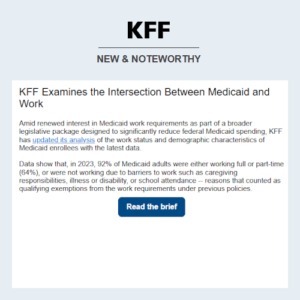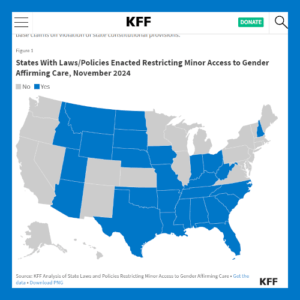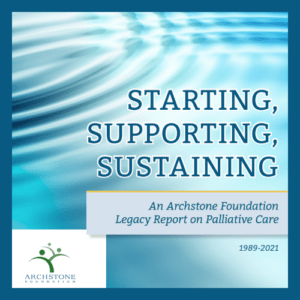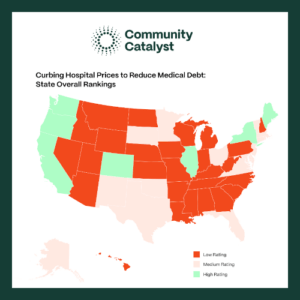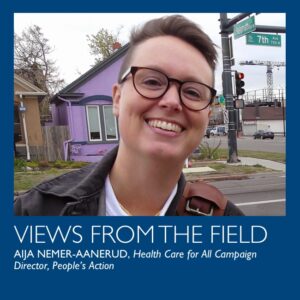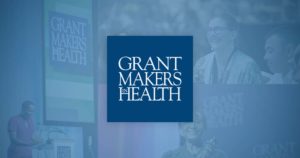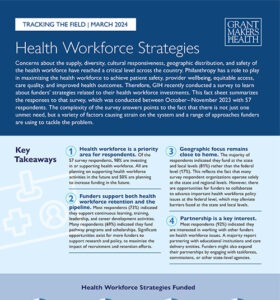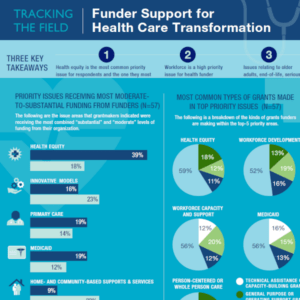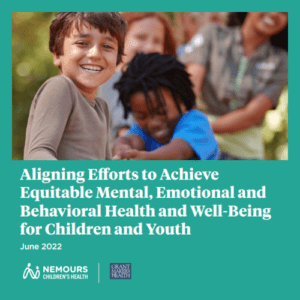Featured Resources
Data Show That The Majority of Adult Medicaid Enrollees are Working
Amid renewed interest in Medicaid work requirements as part of a broader legislative package designed to significantly reduce federal Medicaid spending, KFF has updated its analysis of the work status and demographic characteristics of Medicaid enrollees with the latest data.
Youth Access to Gender Affirming Care at the Supreme Court: What to Know
Ahead of December 4 arguments in a Supreme Court case (U.S. v. Skrmetti) challenging the constitutionality of Tennessee restrictions for gender affirming care for minors, KFF explores the background of the case and potential rulings.
Explore Access and Quality Topics
Latest Resources
Foundation Collaboration: Partnering to Improve Young Children’s Oral Health
Dental disease is the single most common chronic childhood disease and is so widespread and the health effects so significant that the U.S. Surgeon General has classified dental disease as a silent epidemic (HHS 2000).
Paid Sick Days: A Health Policy for Everyone
When the H1N1 pandemic broke out, the Centers for Disease Control and Prevention urged sick people to stay home. Unfortunately, for many Americans, staying home meant losing income, losing a good shift, or worse, losing their job.
Integrative Medicine Offers Opportunity for Shared Learning and Collaboration
There is growing interest in the field known as integrative medicine. A 2007 national survey by the Centers for Disease Control and Prevention found that 38.3 percent of all adults, up from 36 percent in 2002, accessed some form of complementary and alternative medicine through visits to acupuncturists, chiropractors, massage therapists, among others.
Shifting Paradigms in Promoting Oral Health for Young Children
Tooth decay remains the single most prevalent chronic disease of America’s children, affecting 44 percent by age six (Dye et al. 2007). Grantmakers, government, and the professions have long focused energy and resources on getting children into dental care to repair the ravages of this preventable disease and to eliminate associated pain and infection.
Ensuring the Health of America’s Children: Progress and Opportunities
Behind the headlines of a weakened U.S. economy and rising unemployment are two related developments: the transformation of health care coverage into an issue of real salience to working families and the middle class, and the ways in which states have crafted, and will continue to craft, an effective response.
A Foundation Helps Launch a FQHC
For the past decade, free-market thinking has all but dominated the national discussion of health care. New kinds of coverage have resulted, including health savings accounts, along with new players in delivery, like the urgi-care clinics at Wal-Mart.
Publications and Reports
2024 Survey Summary: Health Workforce Strategies
Concerns about the supply, diversity, cultural responsiveness, geographic distribution, and safety of the health workforce have reached a critical level across the country. Philanthropy has a role to play in maximizing the health workforce to achieve patient safety, provider well-being, equitable access, care quality, and improved health outcomes. Therefore, GIH recently conducted a survey to learn about funders’ strategies related to their health workforce investments.
Funder Support for Health Care Transformation
This infographic summarizes the responses to a Grantmakers In Health funder poll, conducted October 2022, on how philanthropy is supporting health care transformation efforts, especially those concerned with improving quality of life, coordinating complex care, and taking patient preferences into account.

